Musk and Trump shaping the future of US space policy
- Update Time : Sunday, December 1, 2024
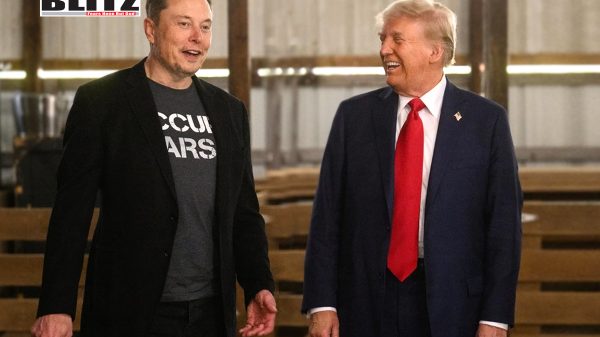
As the world prepares for Donald Trump’s second presidential term, one area of his policy is set to undergo a seismic shift: space exploration. Trump’s ambitious vision for the “final frontier,” inspired by his transformative first term, is poised to accelerate under the influence of Elon Musk, the SpaceX founder who has cemented his position as the leading figure in the private space sector.
In his victory speech, Trump hailed Musk, proclaiming, “A star is born, Elon,” signaling the profound role Musk is expected to play in shaping US space policy. With Musk’s trailblazing achievements and Trump’s penchant for disruptive governance, the duo promises to push boundaries and challenge traditional frameworks in the space race. Yet, the partnership raises pressing questions about the direction of US space policy, potential conflicts of interest, and the broader implications for international collaboration and competition in space.
The term “disruptive” has become synonymous with Trump’s anticipated space policy, not in a negative sense, but to denote its radical, transformative nature. During his first term, Trump established the Space Force and reinvigorated NASA’s Artemis program to return astronauts to the Moon. However, his second term aims to abandon incremental goals like the Moon and focus on more audacious endeavors, such as colonizing Mars-a vision Musk has championed for years.
Musk and Trump align on the idea that Mars, not the Moon, represents humanity’s next great leap. Trump, in 2019, dismissed the Moon missions, stating, “We did that 50 years ago,” emphasizing that Mars should be the centerpiece of NASA’s objectives. Musk, for his part, has tirelessly pursued this goal, investing billions in developing reusable rockets and spacecraft capable of reaching and sustaining life on Mars.
This alignment of priorities has excited one faction of the space community, which views Musk as a visionary capable of propelling the US ahead of its chief rival, China. Advocates argue that Musk’s entrepreneurial spirit, coupled with Trump’s political will, can galvanize a cosmic renaissance, making America the undisputed leader in space exploration.
However, not everyone is optimistic. Critics warn that Musk’s increasing influence over US space policy could create significant conflicts of interest. With SpaceX dominating the commercial space industry, some fear that Musk’s close relationship with Trump could result in policies favoring his company at the expense of competitors and traditional institutions like NASA.
Lori Garver, former deputy administrator of NASA, predicted that Musk’s role in the presidential transition would be unprecedented, potentially leading to sweeping changes within NASA, including budget cuts and a shift in priorities. Garver suggested that Musk could influence policies to redirect NASA’s resources toward private companies, particularly his own.
This sentiment was echoed by Neel Patel in The New York Times, who raised the provocative question: “Will Musk be the death of NASA?” Patel argued that budget cuts under Trump could diminish NASA’s ability to fund a diverse array of space initiatives, consolidating power in the hands of SpaceX. This scenario, Patel warned, might stifle innovation and competition within the broader space industry.
Dr. Scott Pace, director of the Space Policy Institute at George Washington University, offered a counterpoint, describing Musk as “mission-driven.” According to Pace, Musk’s Mars ambitions are about achieving a historic milestone for humanity rather than mere financial gain. Pace also noted the potential for “tectonic plates moving,” envisioning new structures and partnerships emerging under Musk’s leadership.
One of the most significant shifts expected in Trump’s second term is the expansion of the Space Force’s role. Established in 2019 as a new branch of the US military, the Space Force was initially designed to focus on defense and deterrence in space. Under Trump’s new directive, its mandate could evolve to include offensive capabilities, as outlined in Project 2025.
Such a transformation would likely require increased funding and a broader mission scope, solidifying the Space Force as a critical pillar of national security. However, this move could also heighten tensions with China and Russia, both of whom view militarization of space as a destabilizing factor.
The future of the National Space Council, traditionally led by the vice president, remains uncertain. JD Vance, Trump’s new vice president, could either bolster the council’s influence or allow its role to be overshadowed by the National Security Council. Either scenario would have profound implications for how space policy is coordinated at the highest levels of government.
China’s rapid advancements in space exploration represent the most significant challenge to US dominance in the cosmos. Beijing’s ambitious space program has achieved milestones such as landing rovers on the Moon and Mars, building its Tiangong space station, and planning a lunar base in collaboration with Russia.
To counter these achievements, many in the US space community believe that partnering with SpaceX is essential. Musk’s ability to innovate quickly and at scale offers a strategic advantage in outpacing China’s state-run space initiatives. However, critics worry that an overreliance on Musk could weaken NASA’s role as a central player in American space exploration.
The international community has expressed apprehension about the implications of Musk’s dominance in US space policy. Allies and rivals alike fear that the Trump-Musk partnership could prioritize unilateral actions over global cooperation, undermining established agreements such as the Outer Space Treaty.
There is also concern about the growing privatization of space. As SpaceX assumes a more prominent role in US space activities, questions arise about accountability, transparency, and the equitable distribution of resources in the extraterrestrial domain.
Musk’s influence during Trump’s second term is both an opportunity and a risk. On one hand, his visionary leadership and technological prowess could revolutionize space exploration, enabling humanity to achieve feats once thought impossible. On the other hand, his close ties to the administration and potential conflicts of interest could undermine trust in the integrity of US space policy.
As the world watches this unprecedented partnership unfold, one thing is certain: the space race is entering a new, unpredictable era. Whether this era will be defined by innovation and collaboration or by competition and controversy remains to be seen.
For Trump, ensuring American superiority in space is paramount, and Musk is the key to achieving that goal. For better or worse, the fate of US space exploration now rests in the hands of two of the most powerful men on Earth.


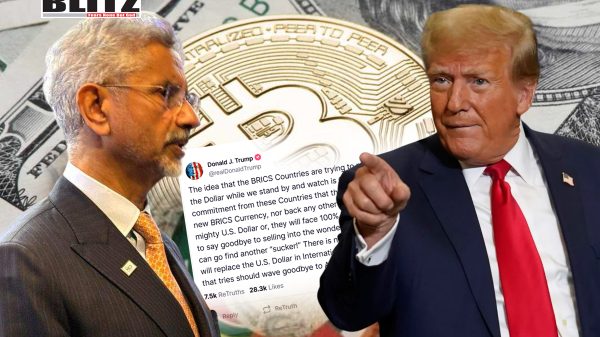


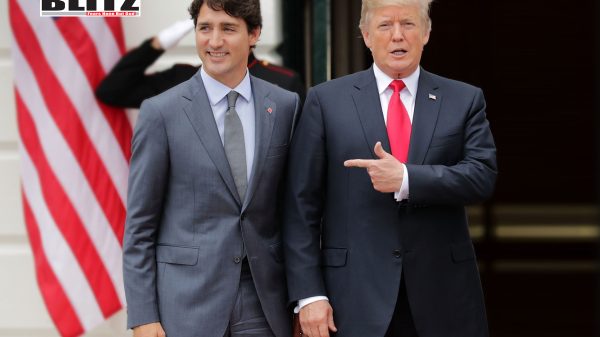
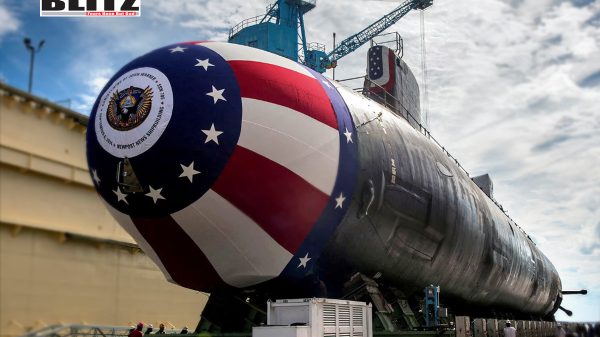

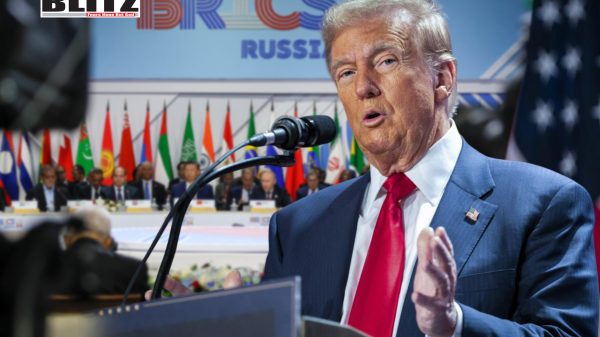
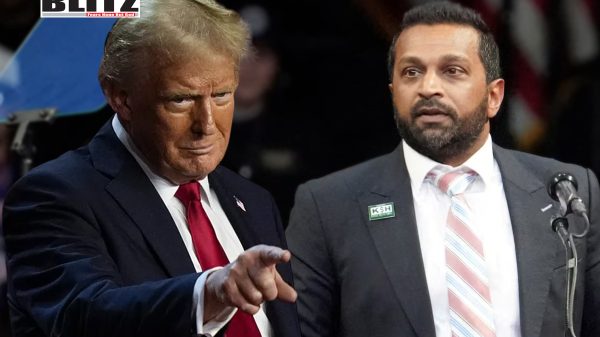






Leave a Reply